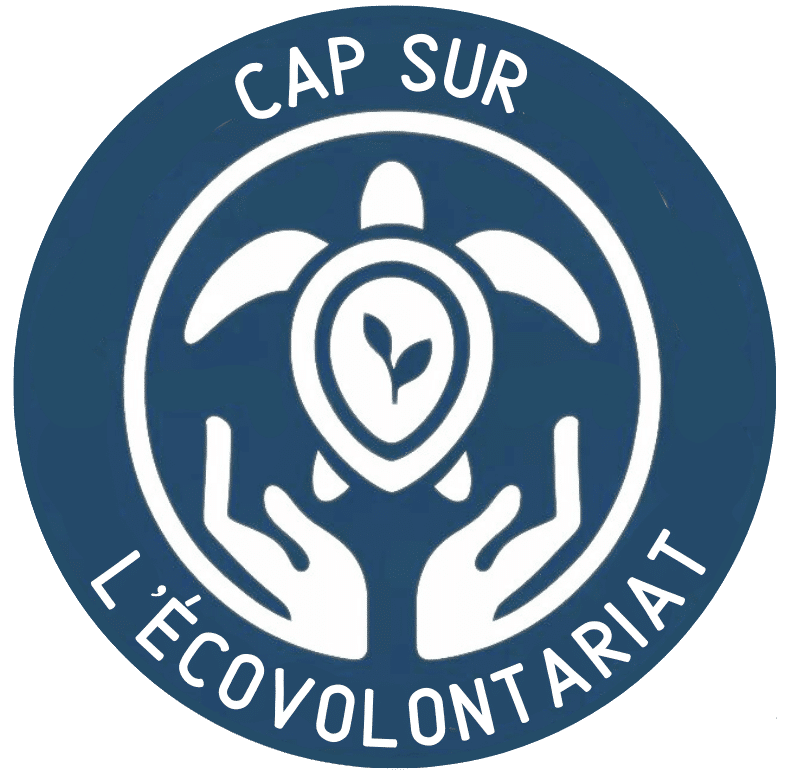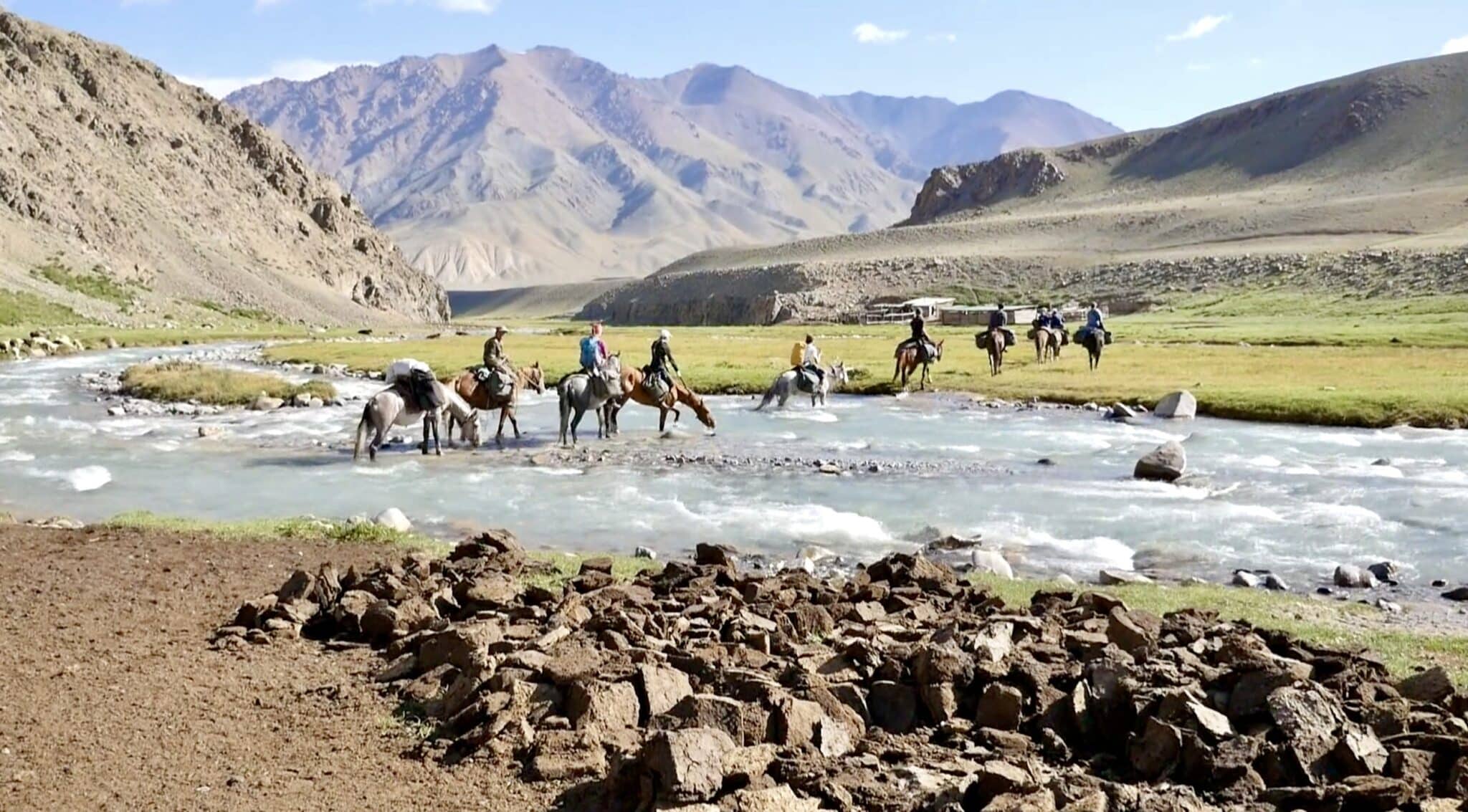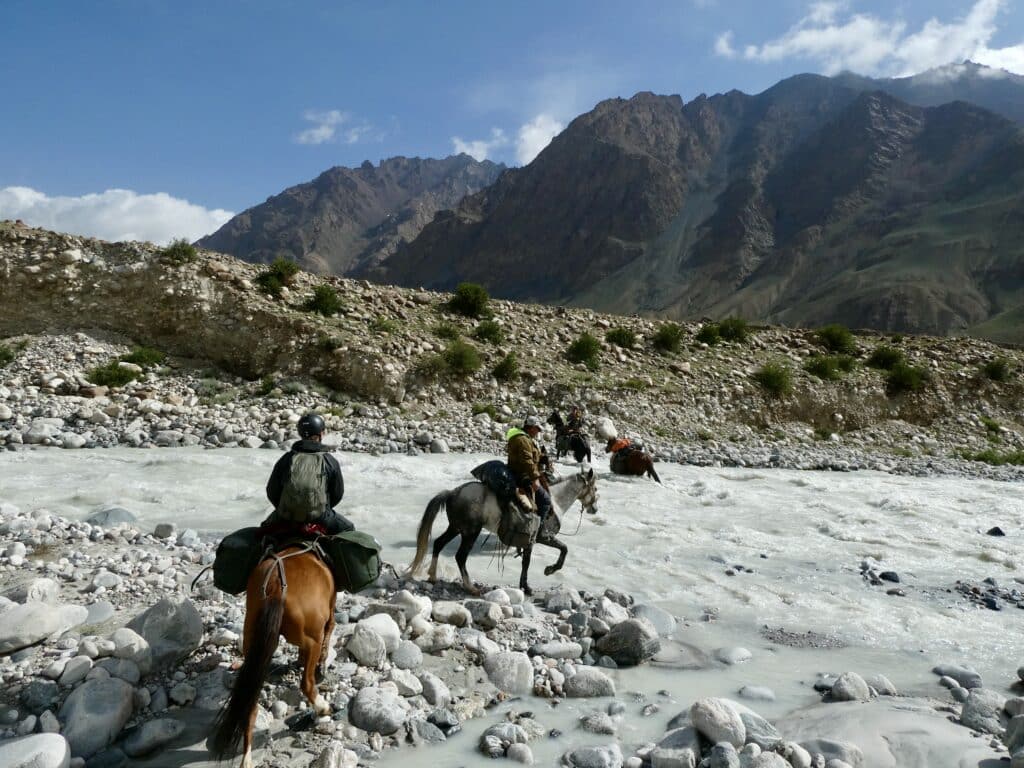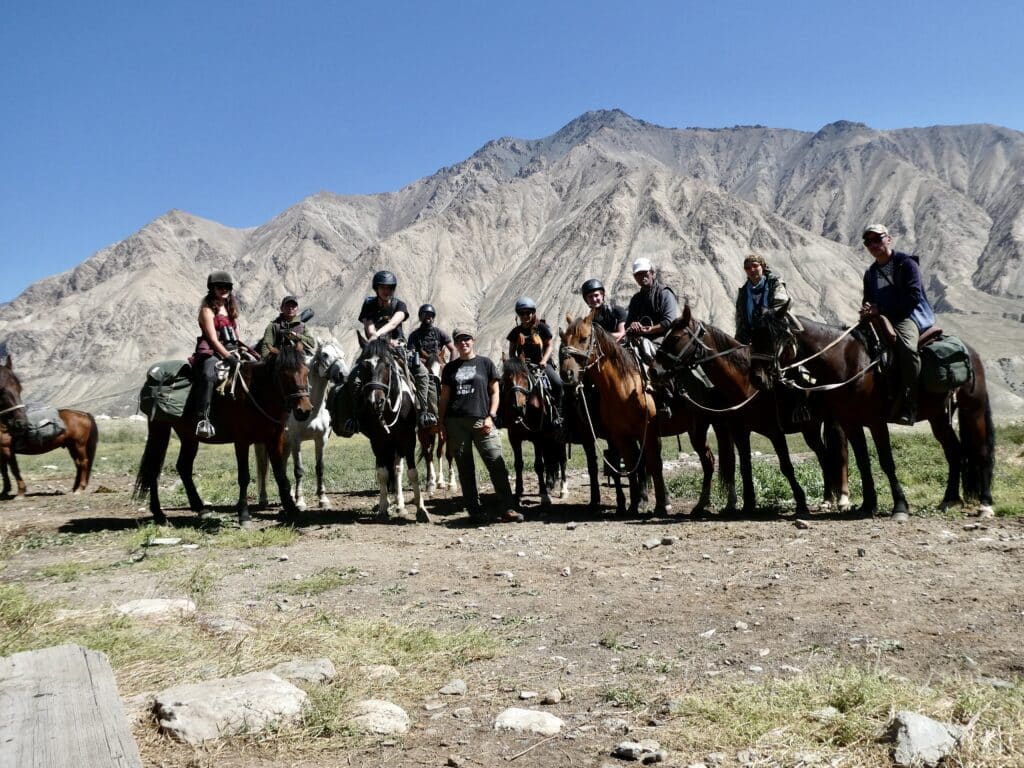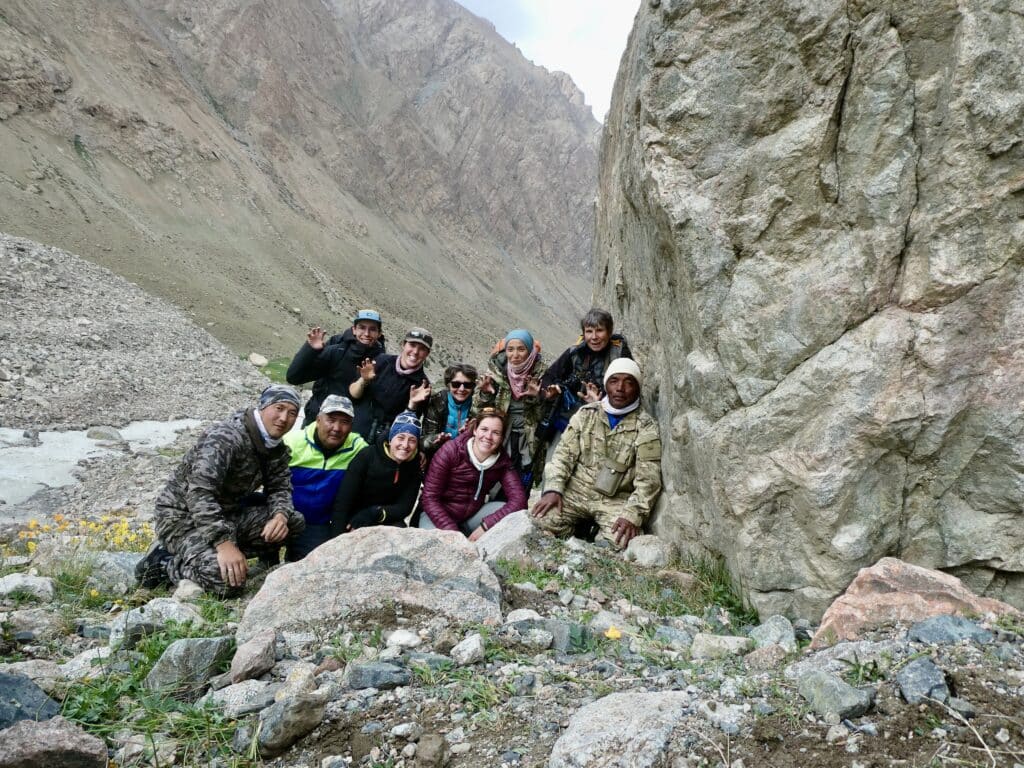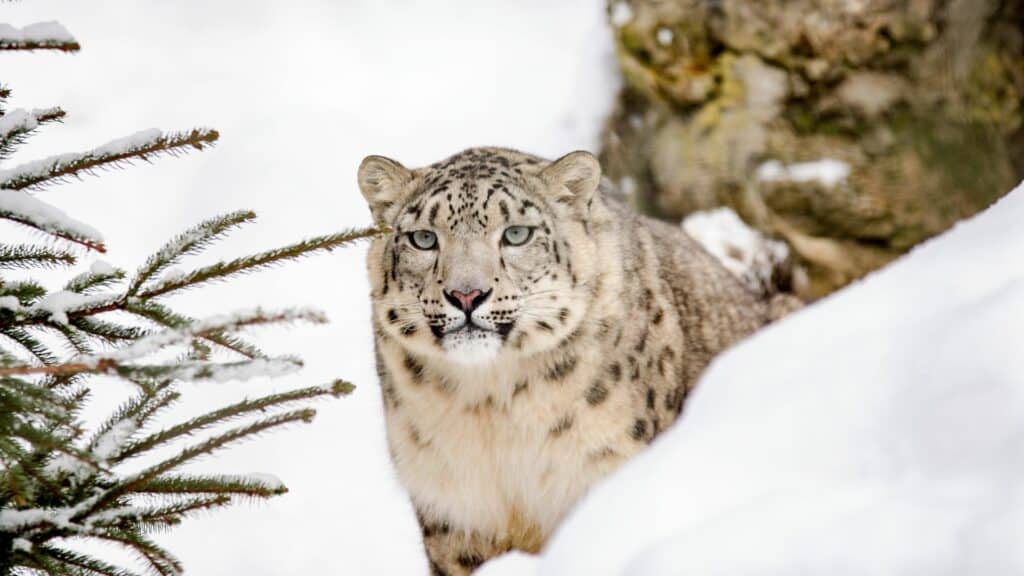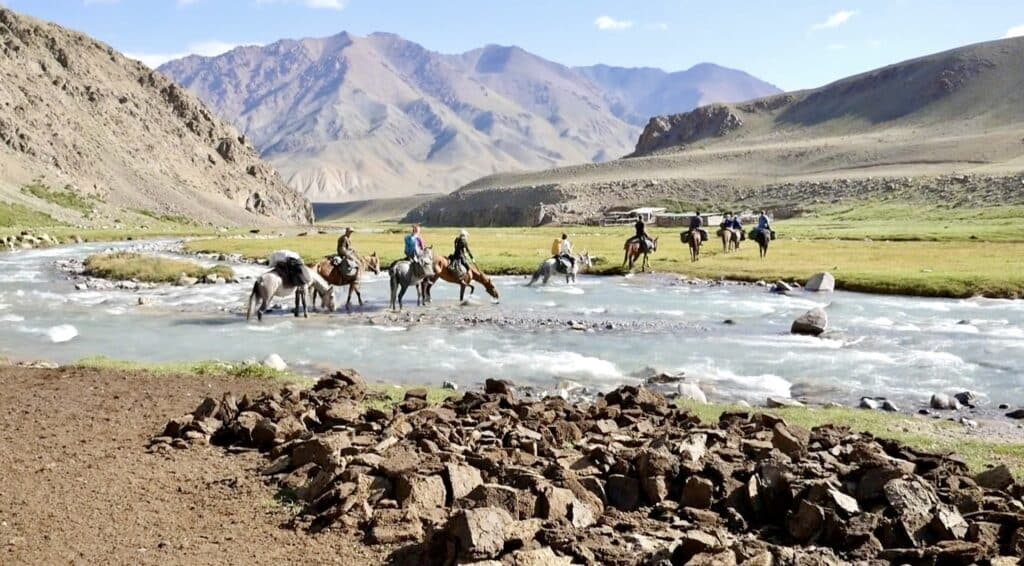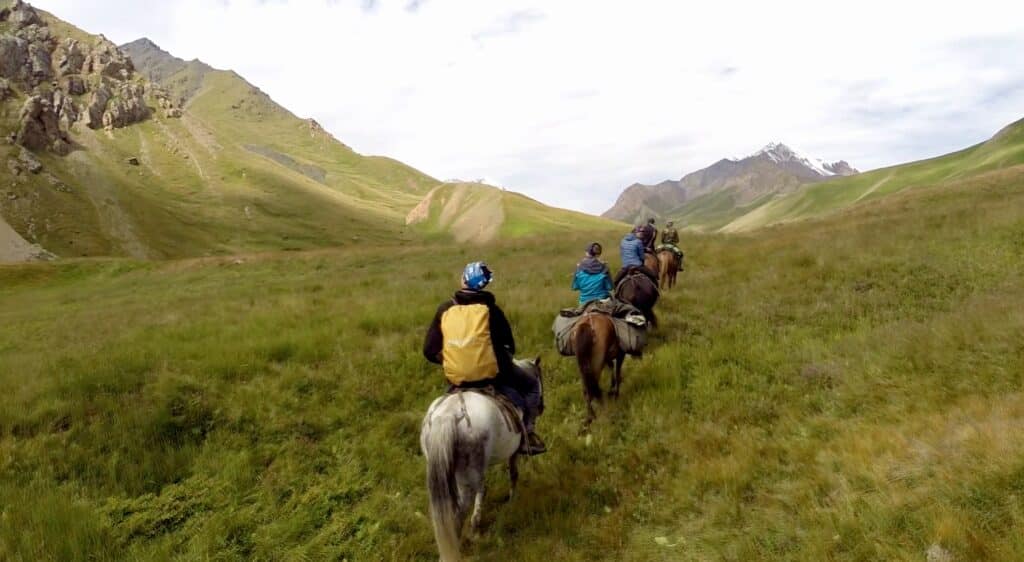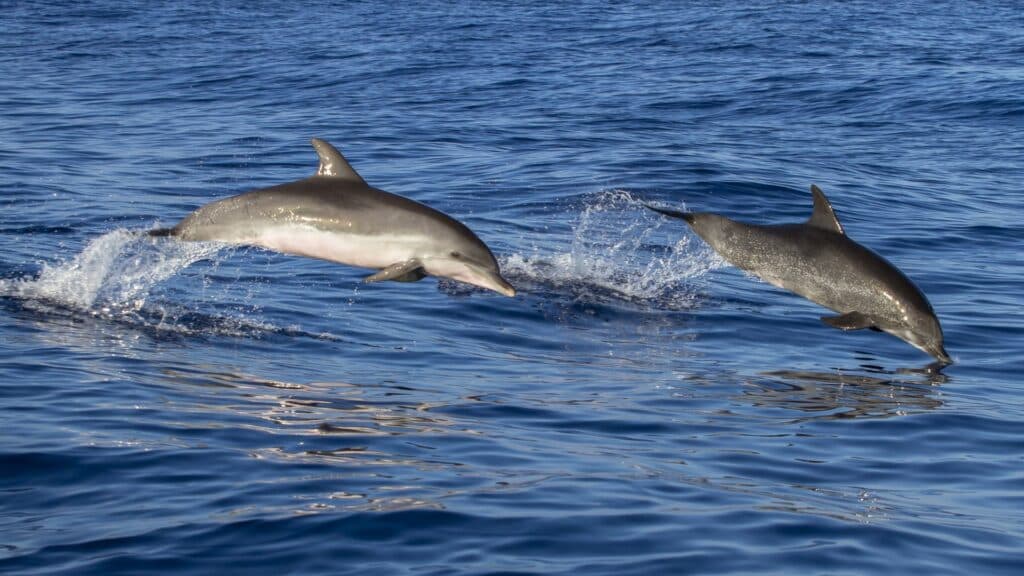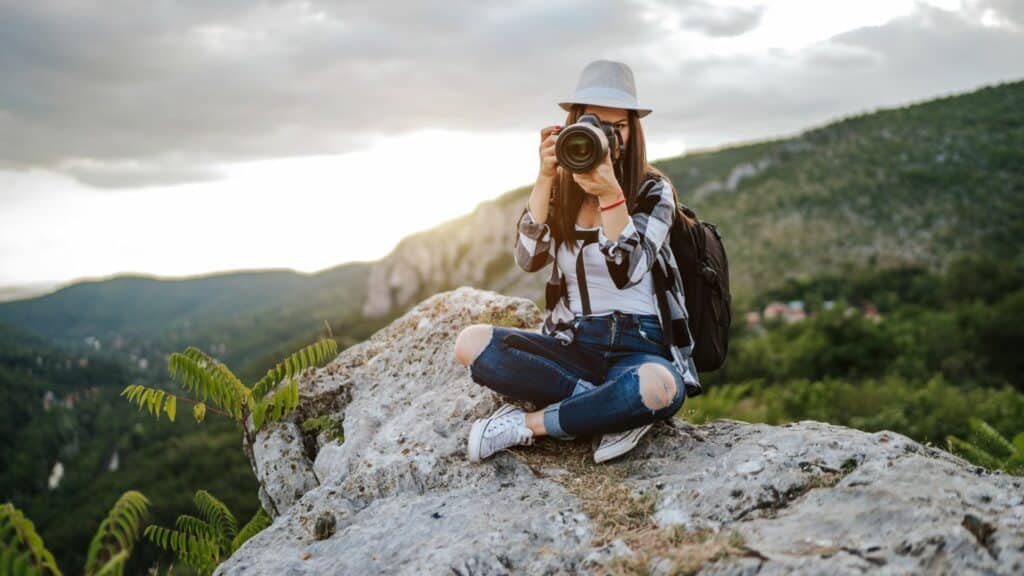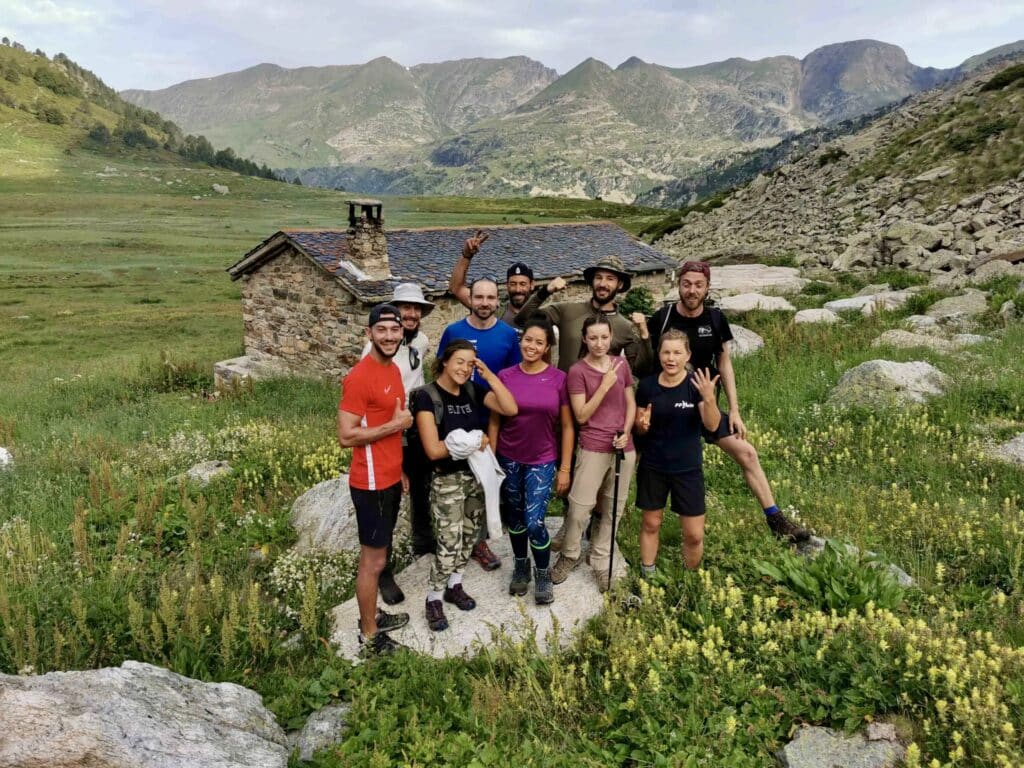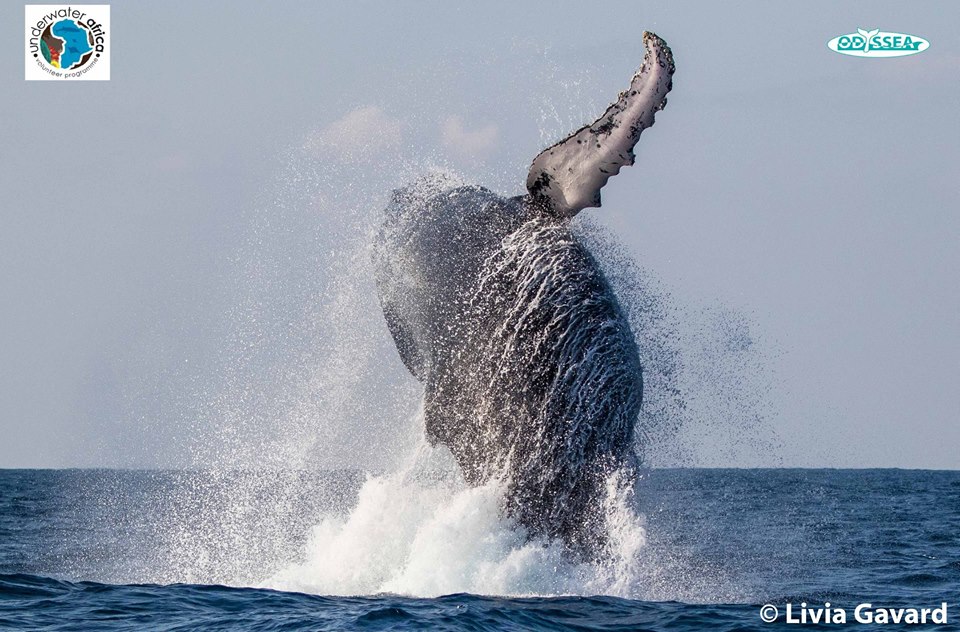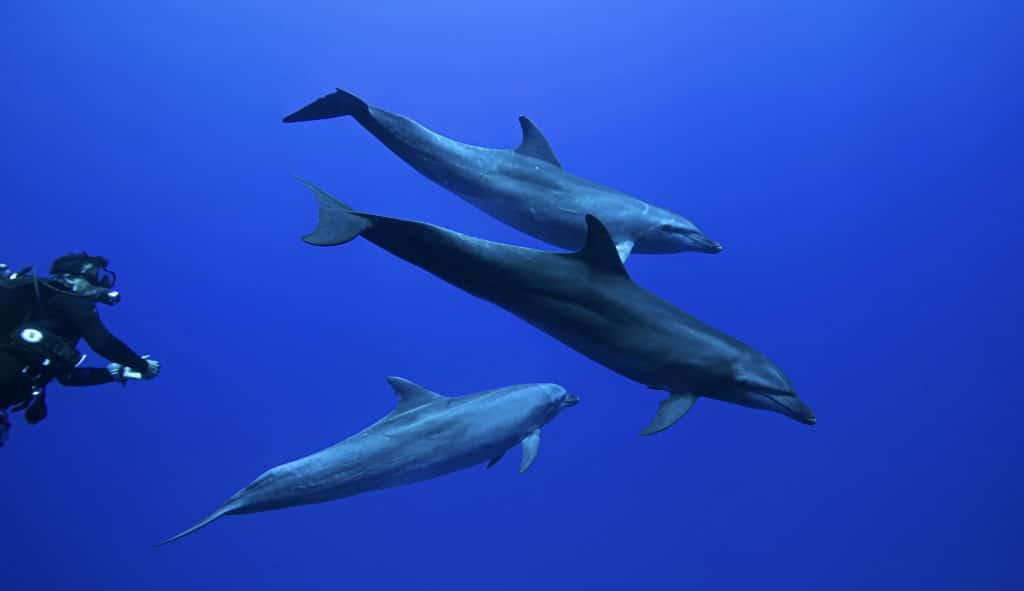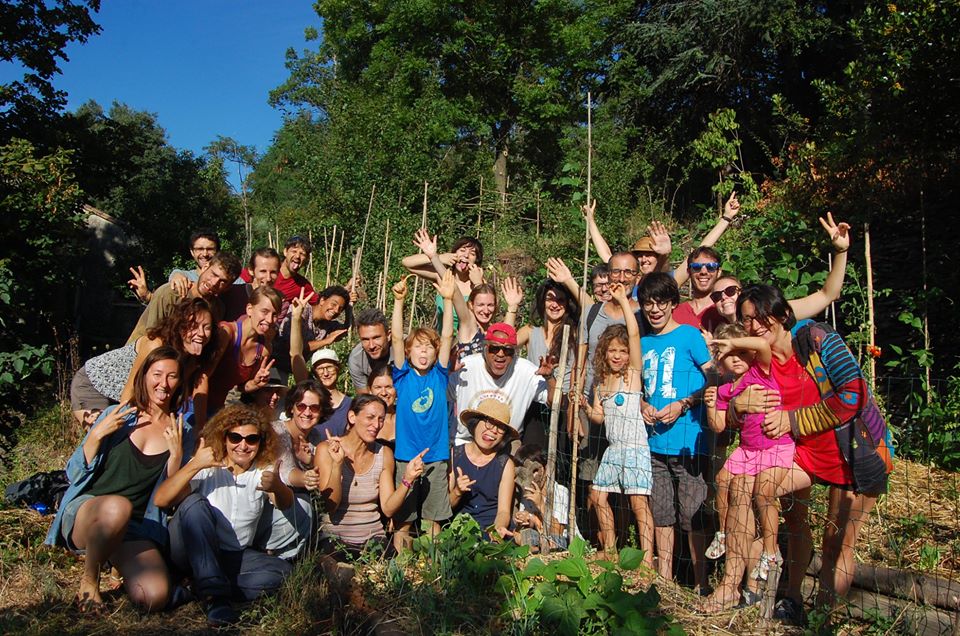Get involved with scientific educators studying the snow leopard in the heart of nature reserves in Kirghizia (or Kyrgyzstan). On the trail of the snow leopard in Kirghizia. Experience an adventure in the heart of the Kyrgyz mountains, to study the snow leopard. Explore the mountains on foot or horseback, looking for signs of the snow leopard and other wildlife. Also known as the snow leopard or "ounce", this mountain ghost is one of the world's most enigmatic felines. It lives in remote, hard-to-reach places in a dozen Asian countries.
On foot and on horseback in the Kyrgyz mountains
Objectives of the snow leopard scientific program
Snow leopards have been an integral part of Kyrgyz culture for thousands of years. Kirghizia is thought to account for 10% of the total number of snow leopards. Although there are not many studies devoted to the snow leopard, there is evidence that it is in danger. Threats include habitat loss and a decline in prey such as ibex and mouflon. It is also a victim of poaching and conflicts with farmers.
- Non-invasive monitoring of snow leopard (Panthera uncia) populations and wildlife in Central Asia.
- Raising awareness of biodiversity protection among participants and local populations.
- Support for the country's nature conservationists.
- At present, this project is divided into two major studies:
- A phototrap study. Each snow leopard has a unique coat. Photo-identification is therefore an excellent tool for identifying individuals over the years. It's also ideal for studying panther behavior.
- A genetic study involves collecting faeces, which are then analysed in the laboratory.
Your role in the snow leopard science project
The missions take place in the heart of the Kyrgyz steppe, between lakes, torrents and glaciers. You will explore the ridges and valleys on foot and/or on horseback. In order to extend the study area across the country throughout the season, the NGO works in different zones, including two state nature reserves (Sarychat-Ertash and Naryn) as well as the Shamshy and Chon Jarguilchak valleys.
On foot and on horseback in the Kyrgyz mountains
During the day, you track the panthers by following the tracks they leave behind and the camera traps, which you control and/or set up. These camera traps can take exceptional shots of wildlife, day and night.
You note down in your notebooks all the important details for the study: the type of clue, the species concerned, the sex, the numbers, the time of day, the precise location of the sightings...
In this way, you help to build up a database on the snow leopard and its ecosystem. You will be in regular contact with the local population, in particular with the reserve rangers.
- From June 16, 2024 to July 4, 2024 (Sarychat)
- From July 7, 2024 to July 25, 2024 (Naryn)
- July 14 to August 1, 2024 (Sarychat)
- August 4, 2024 to August 22 (Naryn)
- August 11, 2024 to August 29, 2024 (Sarychat)
- Price: €4,750 or €1,615 after tax deduction*.
- From October 20, 2024 to November 2, 2024
- Price: €3,530 - or €1,200.2 after tax deduction*.
Tax deductible *
The NGO partner Objectif Sciences international is recognized for the quality, usefulness, solidarity and educational nature of its stays and training courses dedicated to achieving the goals of sustainable development. The NGO operates on the donation-action principle. A person makes a donation and participates in an NGO action. Note that the person making the donation may be different from the person taking the action. As such, the cost of the training or scientific stay is tax-deductible up to 66% in France.
Conditions for taking part in the scientific trip
- Open to young people aged 16 and over, adults and families.
- You need to be in good physical condition and be able to walk in the mountains.
- Accommodation with local people or in guest houses in the plains and villages, and in tents in the mountains.
Headline photo: © Bruno Cédat

The NGO partner
Partner NGO Objectif Sciences international has Special Consultative Status with the UN (ECOSOC) and is a member of the AAAS Science and Human Rights Coalition. Specializing in scientific trips, science and participatory research, the NGO believes that education is the driving force behind the Sustainable Development Goals. It offers a range of participatory science trips for adults and minors. All OSI programs here
